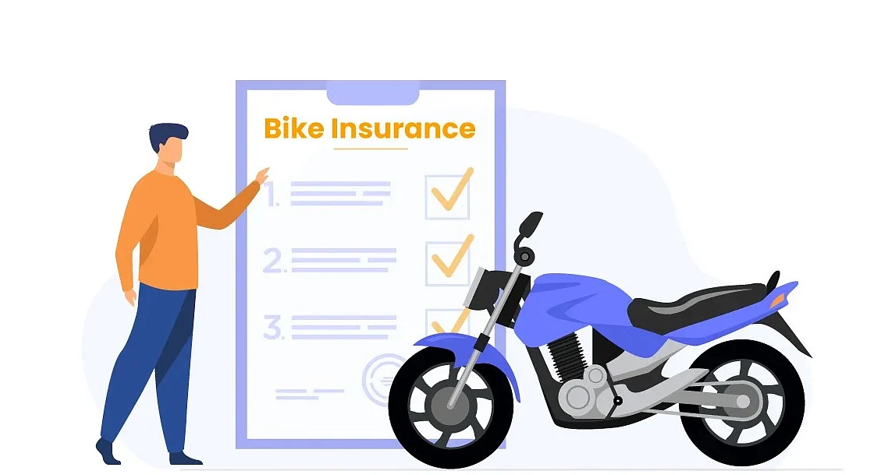Is your office wondering where you are? Do you work for a company that sends employees overseas on business trips and want to know what to do during the trip? If so, this article is just for you. It contains five tips that will help you stay safe and make sure you have a great trip for all involved.

Europe Travel Guide
- Research the visa requirements of the country you are visiting. In general, all European Union countries require a visa for citizens of most countries outside the EU. However, there are a few exceptions, including Ireland and Switzerland. Make sure you understand the visa requirements of each country before traveling.
- Bring a copy of your passport and driver’s license with you when traveling to Europe.
- Many European countries do not recognize United States passports or driver’s licenses. Have a photocopy of your documents handy in case you run into trouble getting arrested or boarding an airplane.
- Carry euros if possible, to avoid dealing with currency exchange rates in each city/country you visit. This tip may seem obvious, but it is always a good idea to have cash on hand when traveling to unfamiliar places. Euros are the predominant currency in most European countries, so carrying euros will generally be more convenient than trying to change money at various banks and stores throughout your travels.
What to Expect on a Business Trip to Europe?
There are a few things to expect on a business trip to Europe, especially if you’re flying in. First and foremost, it can be quite hot and humid outside. Make sure to pack your sunscreen and hats! Second, keep in mind that many European cities have very high crime rates.
Be sure to take the proper precautions when traveling around at night, like using caution when walking through dark alleys or staying within groups when out drinking. Finally, plan ahead for your transportation needs. Many airports in Europe require you to purchase a travel insurance policy before boarding your flight, so make sure you do!
Terms to Know When Traveling Business in Europe
When traveling for business in Europe, all Global Business Europe travellers must be aware of some key terms and concepts:
Business visas are required for citizens of most countries who are visiting for business purposes. You will need to apply through your country’s embassy or consulate. Most business visitors receive a three-month visa, but some receive six-month visas.
You’ll need to have documentation supporting your business purpose and enough money to cover your costs while you’re in the country. You may also be required to show that you have funds available to leave the country if you need to do so.
In addition, make sure you understand any special customs requirements that might apply to your trip. For example, many European countries have restrictions on bringing meat products into the country.
Tips for Visiting Business in Europe
When planning a business trip to Europe, be sure to take into account the different time zones. Many European cities are in different time zones than U.S. cities, so it’s important to know what time zone you’re in when making arrangements.
Another consideration is whether you’ll need a visa for your destination, as some countries (e.g., France) require visitors to have a visa if they plan on staying longer than three months. Make sure you research the requirements of the country you’re visiting before traveling so that you don’t run into any surprises.
Some tips to keep in mind:
- Plan Ahead
- Pack Light
- Eat Smart
- Get a Good Deal
- Leave Early
Finally, be aware of local taxes and customs when arriving in a new city or country. Many places have specific tax rates for items like food and lodging, so be sure to bring along an accurate estimate of your expenses if you plan on doing any shopping or sightseeing while in town.
Is There Anything I Should Do When Traveling as a Business?
When planning your business trip to Europe, there are a few things you can do to make the most of your time and avoid potential headaches.
First, research the local laws in each city you’re visiting. This will help you stay safe and compliant with local regulations. Additionally, be aware of cultural norms when traveling. For example, it may be considered rude to ask for a gratuity in restaurants in many European countries.
Make sure you know what is expected of you before departing for your trip! Finally, be sure to pack a passport and traveler’s insurance policy. These items won’t cost much and could save you from some serious trouble if something goes wrong while you’re abroad.
Conclusion
If you’re planning on traveling to Europe this year, make sure you know about some of the tips for business travelers that we’ve gathered here. From packing light and not overspending on food to knowing the best time to travel for different parts of the continent, our tips will get you organized and prepared for a hassle-free trip. So whether you’re flying into Paris or Prague, be sure to check out our list of tips before your departure!






